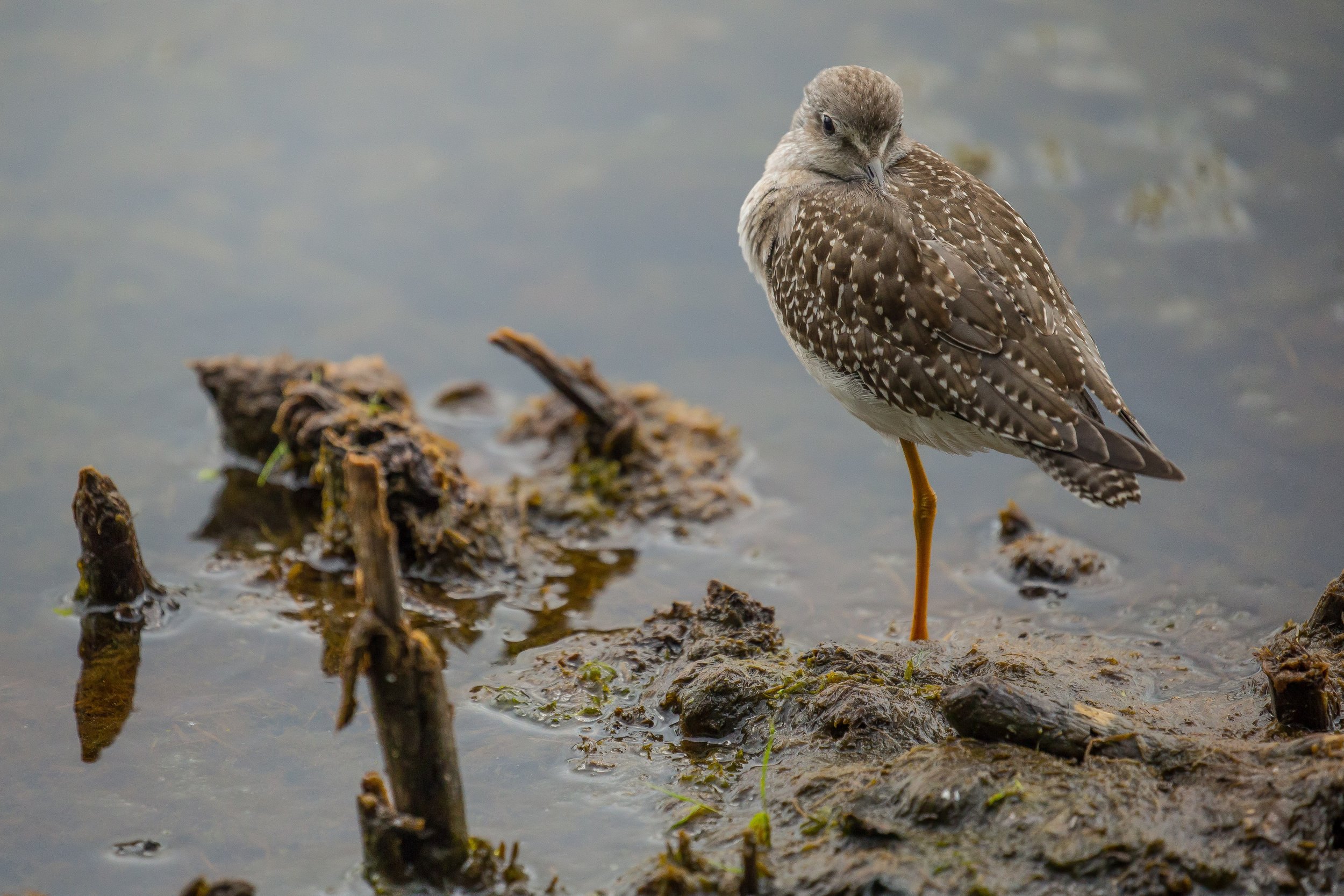
Presentation Guidelines
Abstract submissions are closed, but guidelines can be viewed below
Image: Garry Donaldson
Thank you to all enthusiastic participants for submitting your abstracts.
On this page, you will find:
Abstracts and presentation guidelines
Poster guidelines
Remote presentation information (oral presentations and posters)
Contact information

Guidelines and Application
We invite submission of abstracts for consideration as either 12-minute oral presentations or poster presentations. Oral presentations are most appropriate for projects in which results have been obtained, whereas poster presentations could also include preliminary work and research in the planning stage. Based on review of submitted abstracts, the Scientific Program Committee may ask that some authors requesting an oral presentation present a poster instead.
Presenting authors can suggest the session for which their talk is best suited: foraging ecology, movement ecology, migration/annual cycle, conservation, education, genetics and evolution, breeding ecology, disease ecology, and others.
If you are not experienced with writing scientific abstracts, consider reading one of the many online writing guides. In general, include 1–2 sentences of background information followed by 1–2 sentences stating the question or hypothesis to be addressed, a brief summary of the methods used, and a brief summary of the key results and interpretation. Be concise, be precise, use first person, and avoid statements that don’t convey information (e.g., “results of our analyses will be discussed”). Abstracts should have a maximum of 250 words.
LANGUAGE INFORMATION: Abstracts can be submitted in English, Spanish, French or Portuguese, but should also be translated as follows: submissions in English should include a Spanish translation, submissions in Spanish, French or Portuguese should include an English translation.
Online translation services:
- Deep L
- Google translate
Speakers can present in the language of their choice, but please note that we will only have simultaneous translation services at the meeting for oral presentations from English to Spanish and Spanish to English, so we encourage presenters to choose one of those languages if they are comfortable doing so. To ensure each presentation reaches as wide an audience as possible, we will also encourage those presenting in French, Portuguese and Spanish to include English on their presentation slides or posters. English presenters will likewise be encouraged to include Spanish on their slides or posters.
Note that students wishing to compete for a Student Presentation Award can present in English or Spanish.
The scientific sub-committee will review and make decisions on acceptance of all abstracts. Criteria for acceptance will include relevance to shorebird biology as well as presence of clear statements of research questions, methods, key results and interpretation.
Abstract submission is closed
The online form includes a questionnaire and a submission of the document as the following example.
Please check the poster guidelines at the end of the web page
Background Image: John Chardine
Poster information:
For poster size, please note that posters for the 10th WHSG Meeting should be 36"x48" (91cm x 121cm) and oriented horizontally.
All text can be in English, Spanish or both (preferably)
Refer to the general poster design guide for presentations and ensure your poster is blind-friendly, following the advice provided in this guide.
Remote participation
Oral presentation
If you are presenting remotely, we will need your recorded presentation in advance. The duration of the presentation should be a maximum of 12 minutes and can be recorded using Power Point. You can access a recording quick guide in the link. You will be able to be in live and respond the questions right after your presentation.
We will share an online folder with you to upload your presentation by August 7, 2024. Please upload your file as “Lastname_name.ppt”
Poster
Please follow the poster information provided above and send us your poster for printing. Ensure that it is 36" x 48" (91 cm x 121 cm) and oriented horizontally. Printing is available for remote participants only.
The poster session is scheduled for on the evening of Monday, August 17. In-person participants can contact you through WhatsApp or another preferred method. Please make sure to add your phone number (with country code) and/or contact email on your poster. You can even add a QR code for quick communication.
Send us your poster as PDF as “Lastname_name.pdf”
If you make your poster in ppt be sure to SAVE the document as a .ppt or .pptx and then open up your file and save it as a .pdf.
Registration for remote participants is open! Register today
Need help?
Image: Vero D’Amico
Send questions to Julie Paquet, chair of the Scientific Program Committee, or Coni Rivas, Conference Coordinator (email 10thWHSGmeeting@gmail.com), with the subject “10th WHSG Abstracts.”

